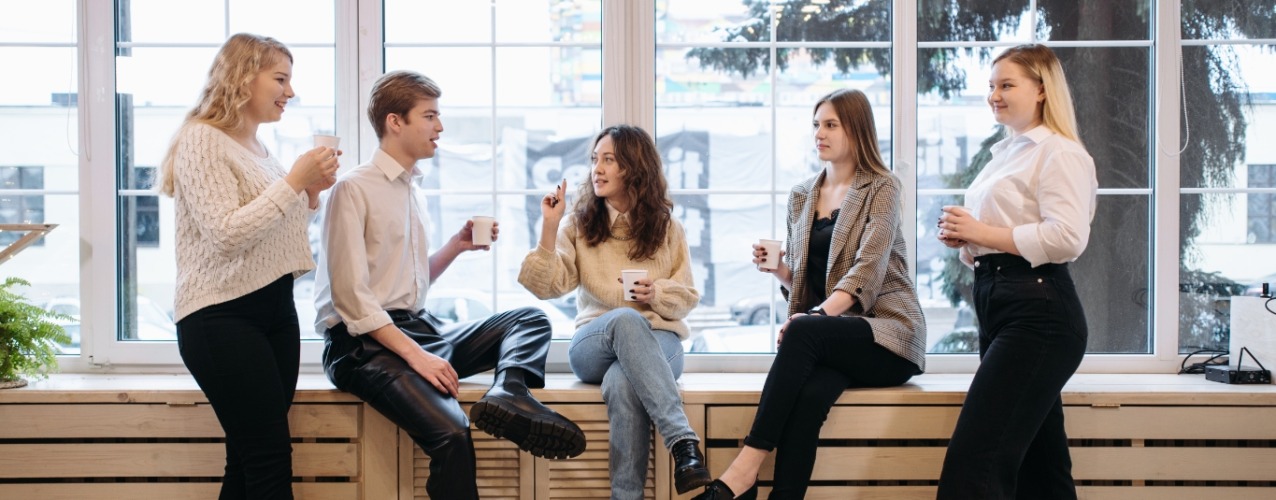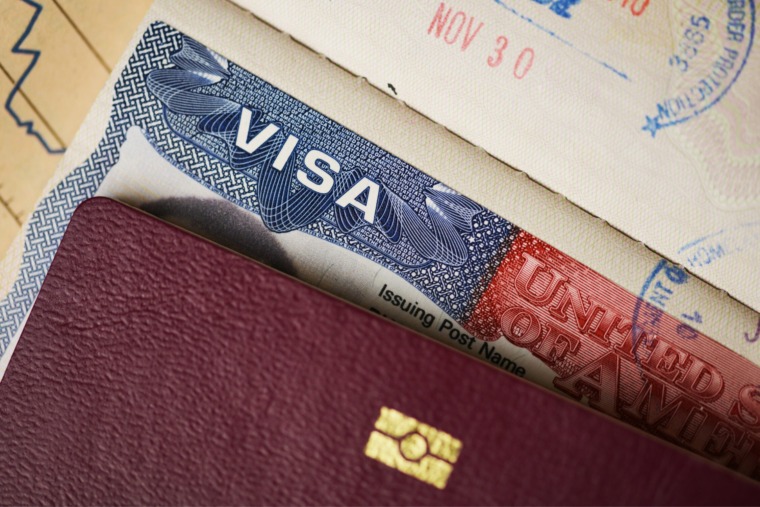

In Serbia, the standard working week usually runs from Monday to Friday, but this is not the case for everyone. Depending on the industry, many people work in shifts – common in factories, healthcare, and retail – while some professions still have six working days a week, especially in the service sector. Regardless of the schedule, the Serbian work week has its own rhythm, characterized by socializing, coffee breaks, and a balance between work and life.
Monday – easing into the week with coffee
Monday is often the hardest day. After the weekend, people arrive at the office half-jokingly reluctant, and the first thing they do is drink coffee. In Serbia, coffee is not just a drink – it’s a ritual and a social moment. Colleagues chat about the weekend, make plans, and often say: “Tomorrow we’ll get serious.”

Tuesday and Wednesday – the peak of productivity
These are the busiest days. Deadlines are met, meetings are scheduled, phones keep ringing. Teams work closely together, and the Serbian trait of solving problems collectively is evident. Humor plays a big role, softening the work atmosphere, and many solutions are born during casual coffee breaks.
Thursday – between tasks and weekend plans
By Thursday, the weekend is already on everyone’s mind. Work gets done, but people are also planning where to go on Friday evening. Thursday is popular for after-work gatherings, whether in a local café or at a colleague’s house.

Friday – working with a smile
Friday carries a special mood. While tasks are completed, the atmosphere is lighter and less formal. Many offices relax their dress code, and conversations shift towards evening plans. Cafés and restaurants fill up by early afternoon, making Friday the unofficial start of the weekend.
Saturday and Sunday – family and social life
Saturday is usually reserved for errands, shopping, and housework, while the evening is for outings or meeting friends. Sunday remains the traditional family day, especially the Sunday lunch at parents’ or grandparents’ homes. This ritual is still alive in most Serbian households, and gathering around a big table has almost ceremonial importance.

Work habits and relationships
In Serbia, work is often seen as more than just a job – it’s also a social circle. Colleagues are not only coworkers but often friends. Conversations about private and professional life naturally blend together. Compared to Western countries, work culture feels less formal – hierarchy exists, but communication is more direct and personal.
Despite the challenges, the Serbian work week carries a certain warmth and rhythm. The mix of duties, social moments, tradition, and modern lifestyle makes even the busiest days lighter – always accompanied by coffee, a smile, and conversation.









